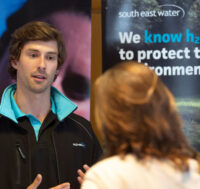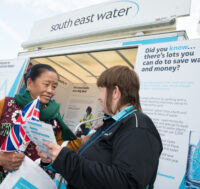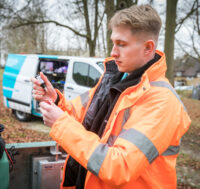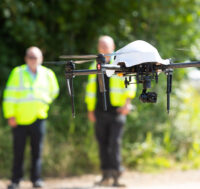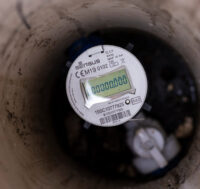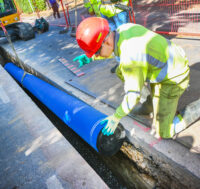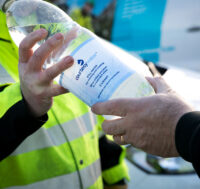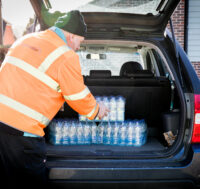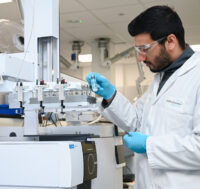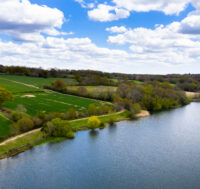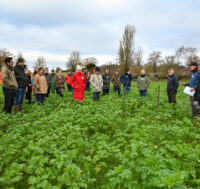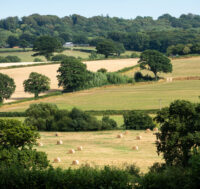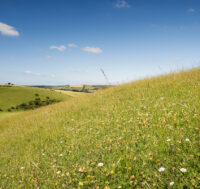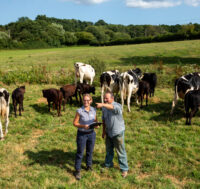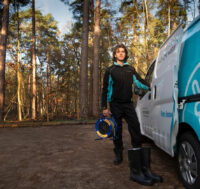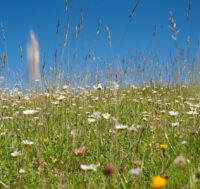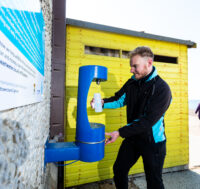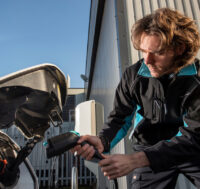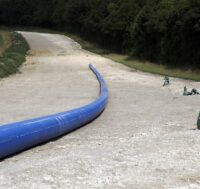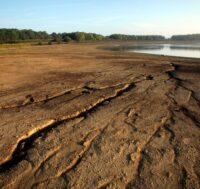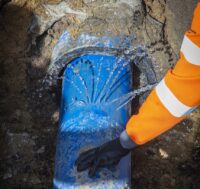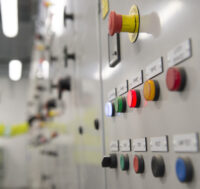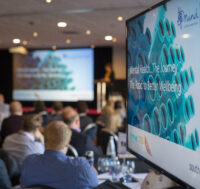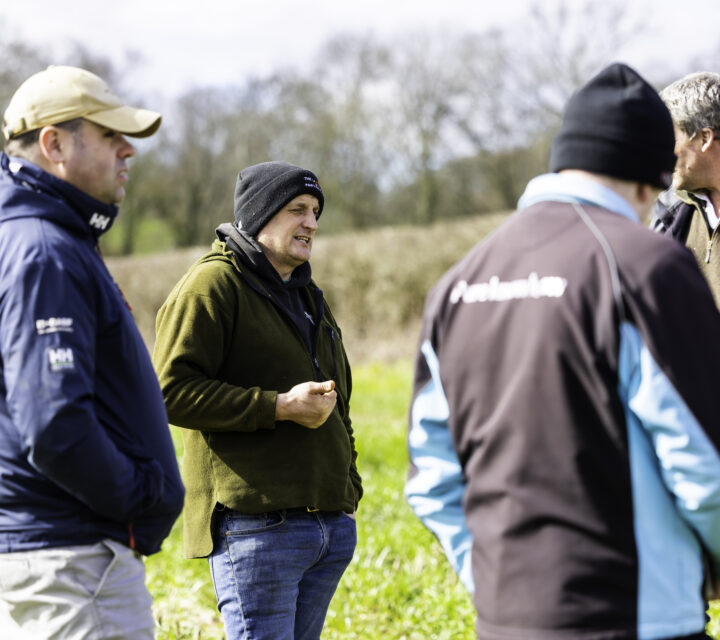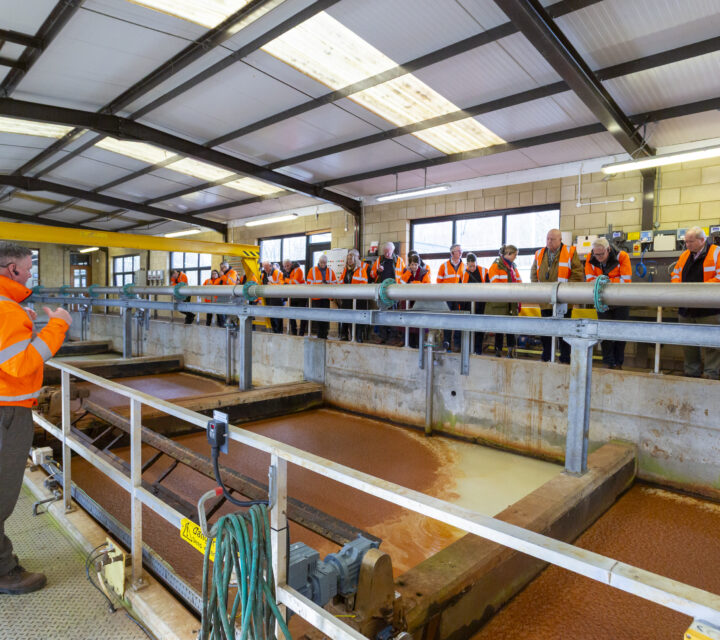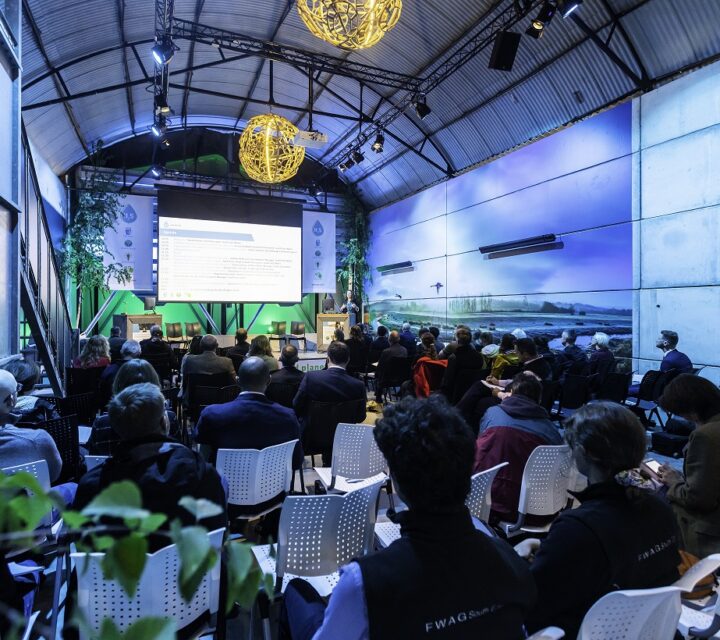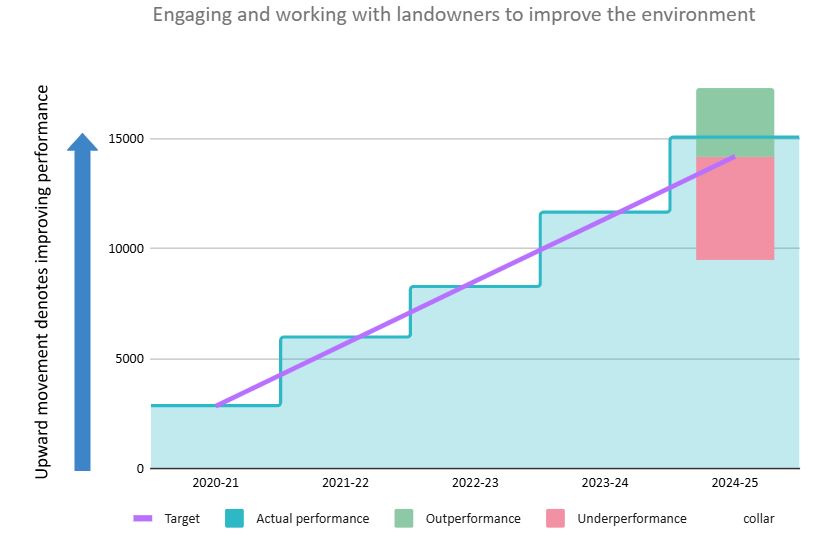
Our established Catchment Management Programme has been up and running since 2015 and have actively engaged with farmers and landowners to prevent pesticides, soil and fertiliser washing from fields into the rivers and aquifers we take water from.
Since 2015 we have administered grants and incentives totalling just over £75,000 to help farmers and land managers deliver environmental outcomes in priority drinking water catchments.
In areas of land which have been identified as being at risk of raw water deterioration, our target is to successfully engage with farmers and landowners through uptake of one or more of the following:
- Farm site audit
- Water efficiency and advice package
- Training package (e.g. on pesticide application)
- Pesticide calibration test
- Take up a biodiversity package
- Involvement in crop trials/other trials to improve water quantity or quality
- Payment to use alternative pesticides/products
- Payments of Ecosystem Services
- Capital payments to improve farm infrastructure
- Other engagement measures developed within the planning period and agreed with the Environment Agency.
Although our performance in this new measure will not be fully assessed until 2024/25 with underperformance payments or outperformance rewards, we targeted working with farmers and landowners who manage a total of 5,687 hectares of land during 2022/23.
How have we performed?
Proactive work with farmers and landowners has resulted in us outperforming our five-year Landowner ODI target of 14,217 hectares by successfully engaging with landowners who manage 15,098 hectares within our target catchments.
During 2024/2025 we engaged with 43 farm businesses within our target areas. We’ve supported a Hampshire hop producer to reduce artificial fertiliser use by up to 50 per cent and to trial biological pest control, which resulted in 50 per cent of the crop requiring no chemical treatment.
We also provided technical advice and grant support to enable a livestock farm in the River Teise catchment to fit 90,000 litres of rainwater harvesting equipment. This helps to reduce the farm’s reliance on mains water supply, provide water to cattle and sheep where supply is temporarily lost, helps to lower the farm’s water bill, and can help reduce demand on our mains supplies to our customers.
You can find out more about our environmental work here.




